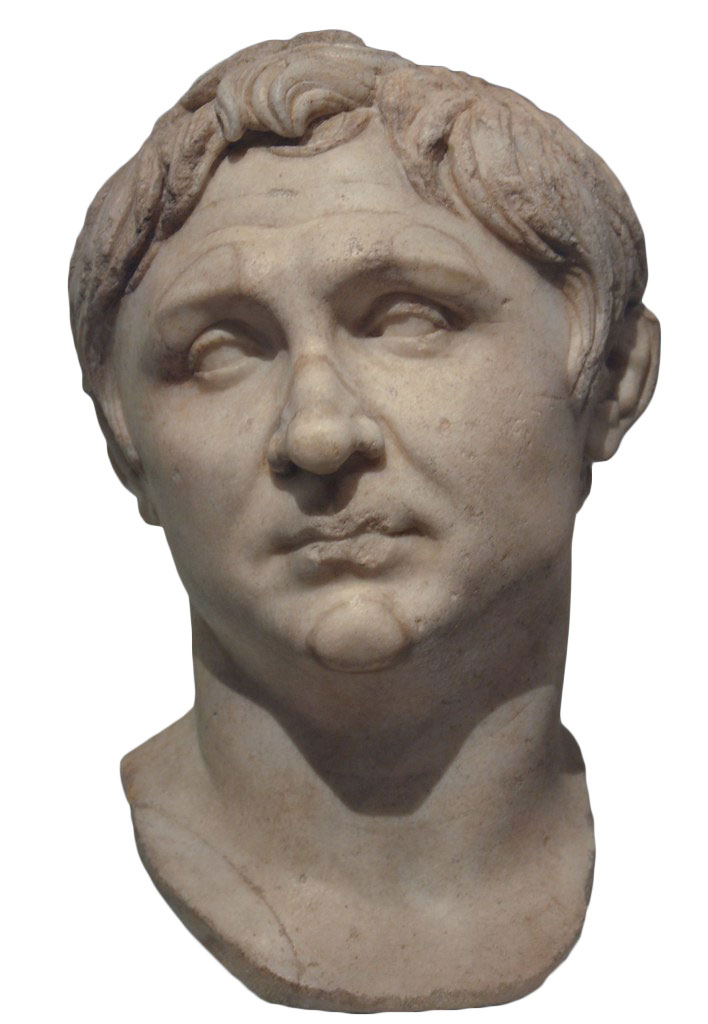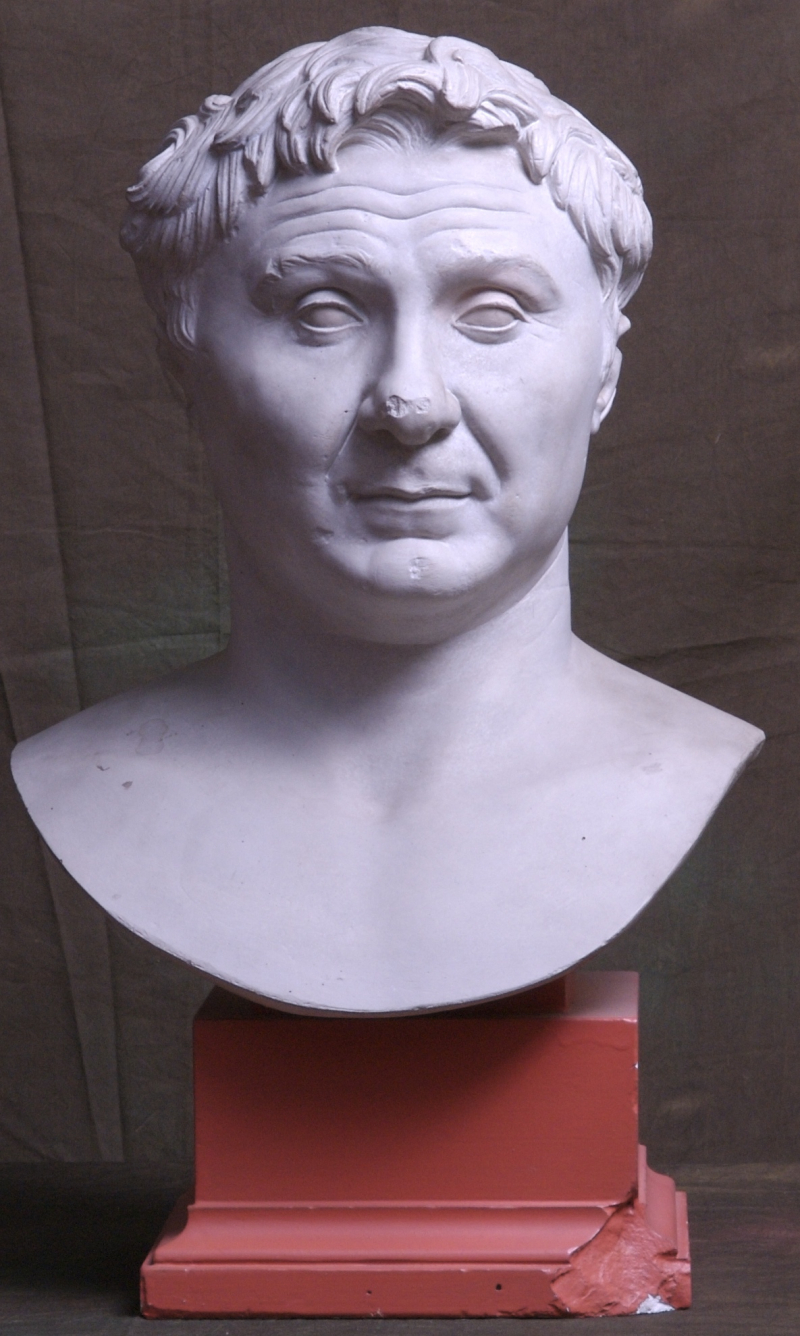Gnaeus Pompeius Magnus

One of the most famous Roman generals is Gnaeus Pompeius Magnus. He (29 September 106 BC – 28 September 48 BC), also known as Pompey or Pompey the Great in English, was a prominent Roman general and statesman. He played a key part in the development of Rome from republic to empire. He was a disciple of Roman general Sulla as well as a political ally and later adversary of Julius Caesar.
Pompey, a senatorial nobility member, began his military career when he was still young. He rose to notoriety as a commander in the dictator Sulla's civil war in 83-82 BC. Pompey's early success as a general allowed him to skip the conventional cursus honorum and move directly to his first Roman consulship (the required steps to advance in a political career). On three occasions, he was chosen as Roman consul. He achieved three Roman triumphs and served as a commander in the Sertorian War, the Third Servile War, the Third Mithridatic War, and several other military battles. Pompey's early success earned him the title Magnus, which means "the Great," after his childhood hero Alexander the Great.
Pompey joined Crassus and Caesar in the First Triumvirate military-political alliance in 60 BC. This alliance was strengthened when Pompey married Caesar's daughter, Julia. Following the deaths of Crassus and Julia, Pompey became an ardent supporter of the optimates, a conservative faction of the Roman Senate. Pompey and Caesar then began competing for overall leadership of the Roman state, which eventually led to Caesar's Civil War. Pompey was defeated at the Battle of Pharsalus in 48 BC, and he fled to Ptolemaic Egypt, where he was killed in a plot by Ptolemy XIII's courtiers.













